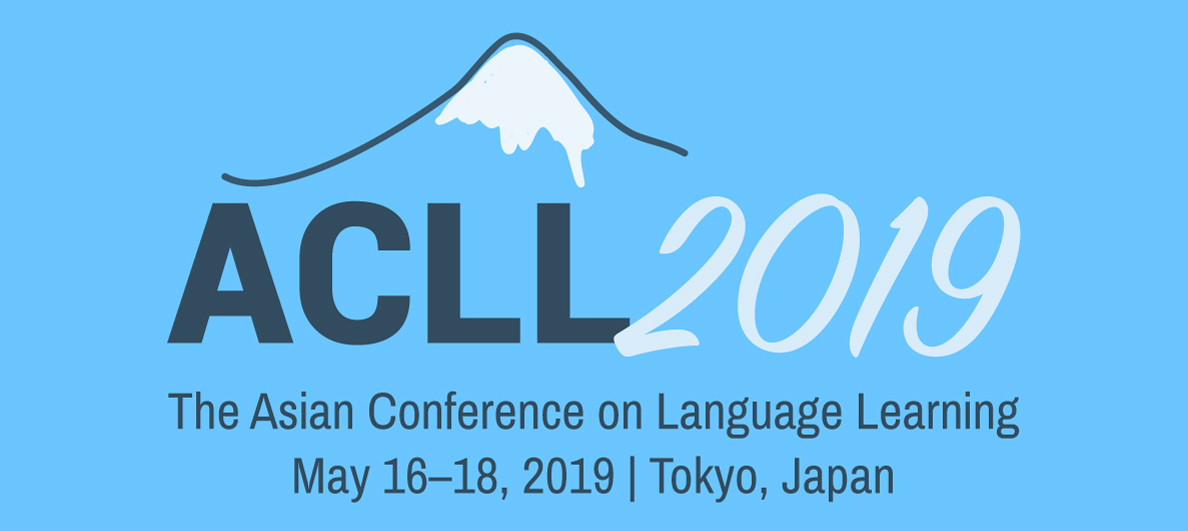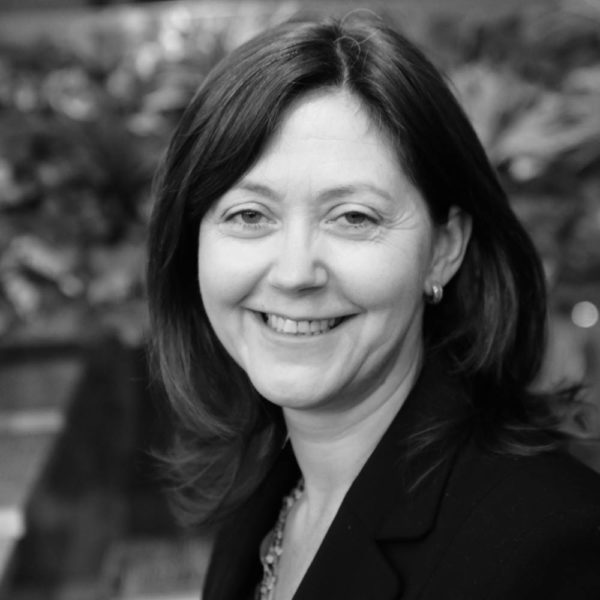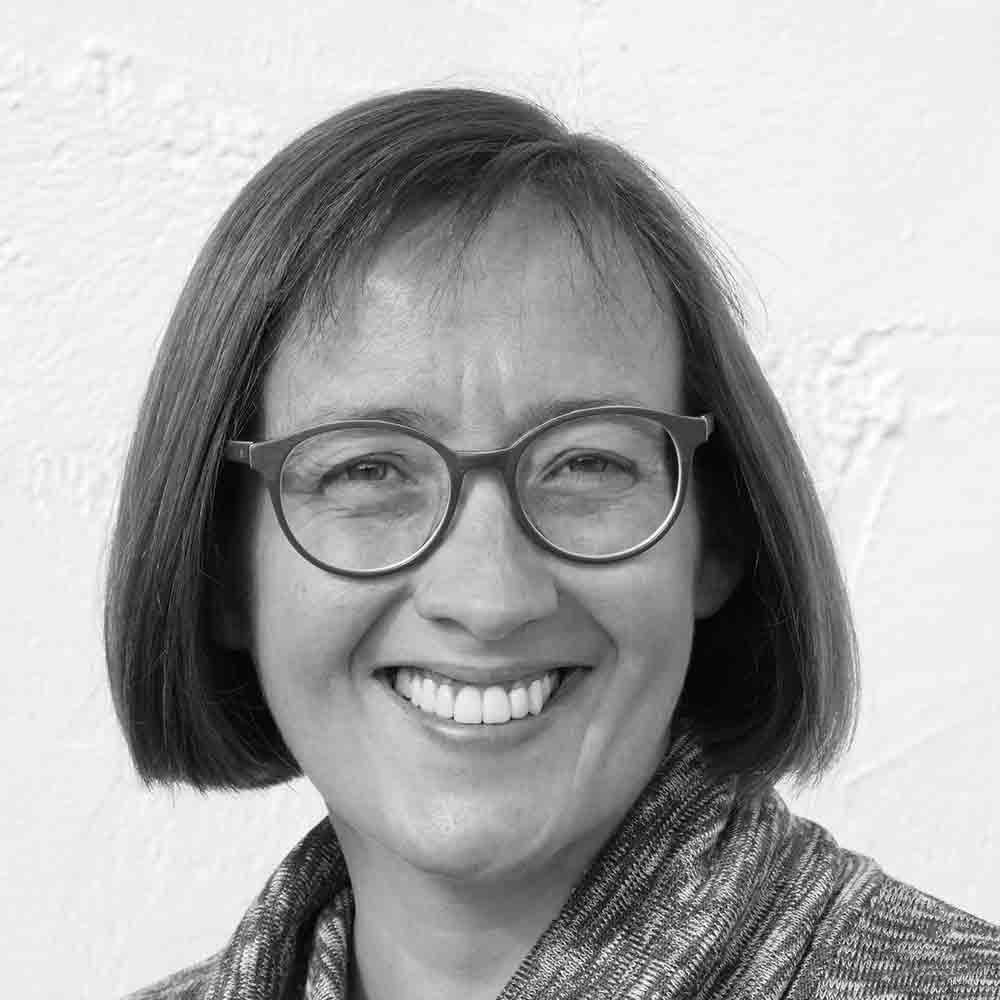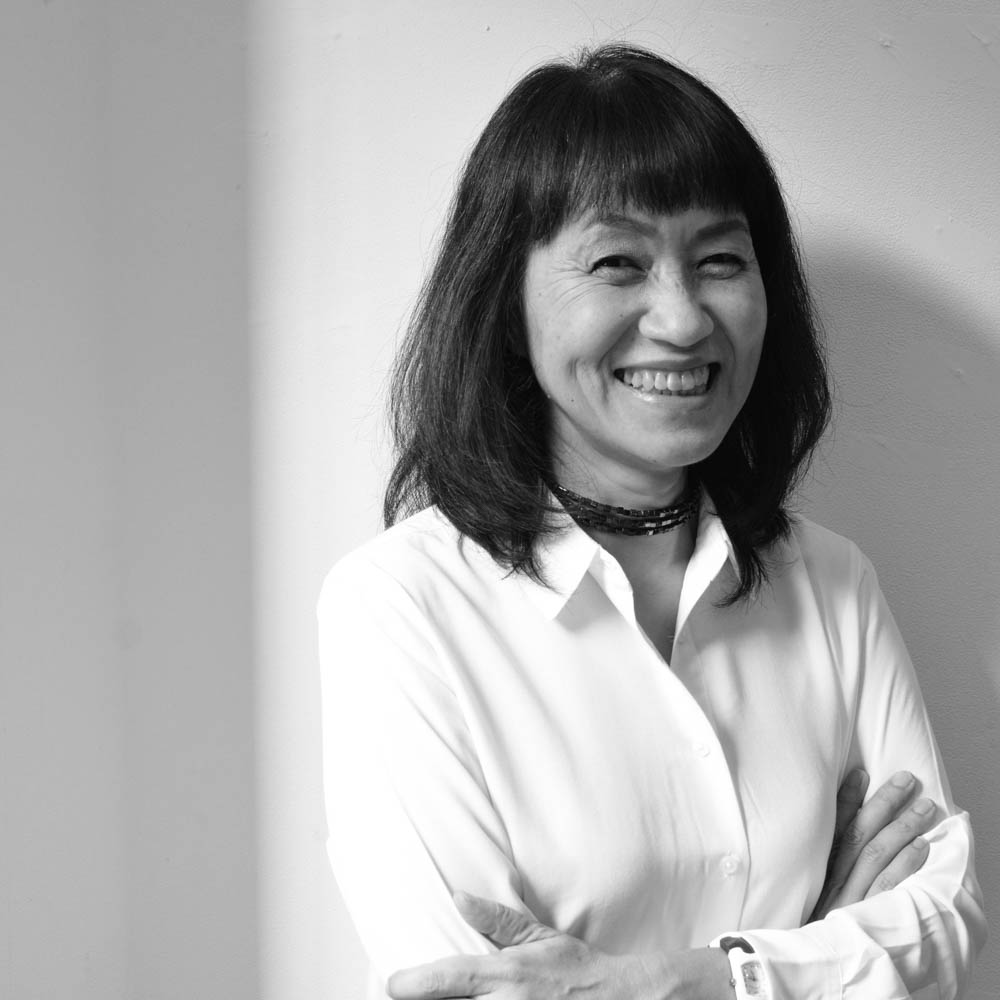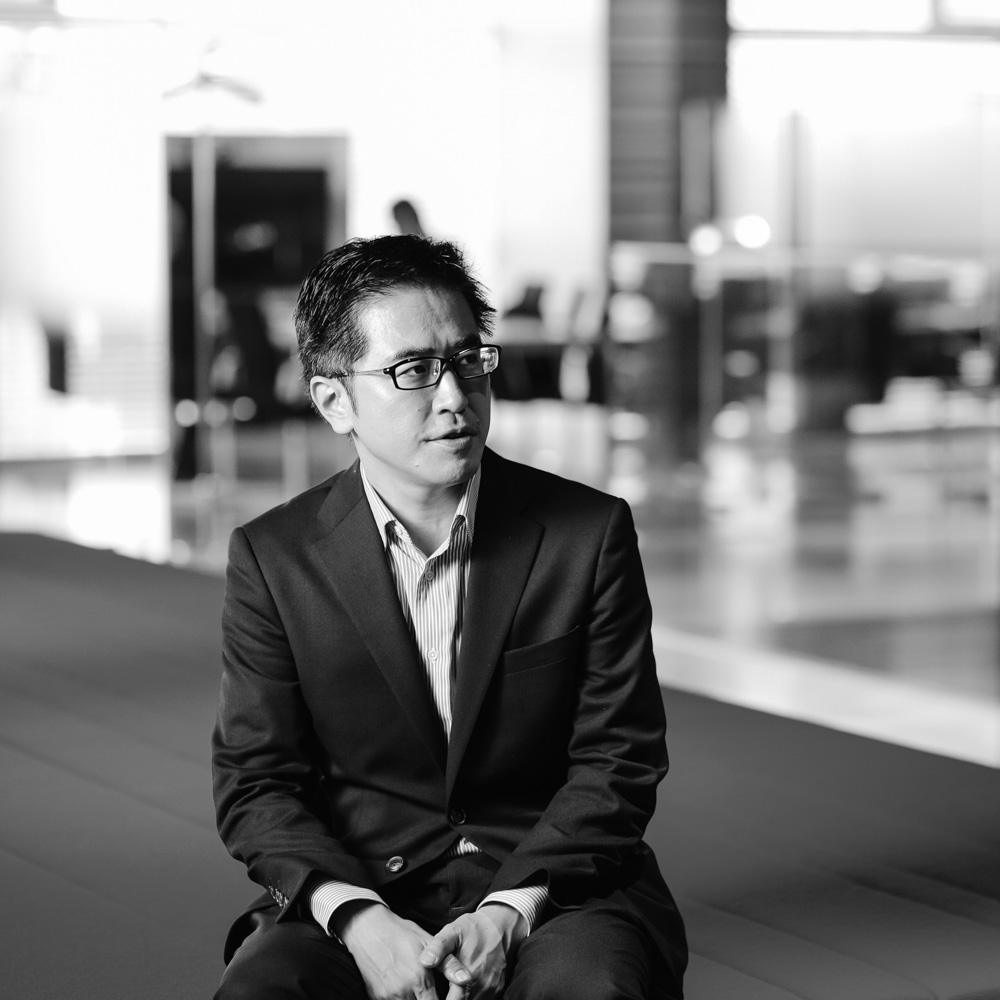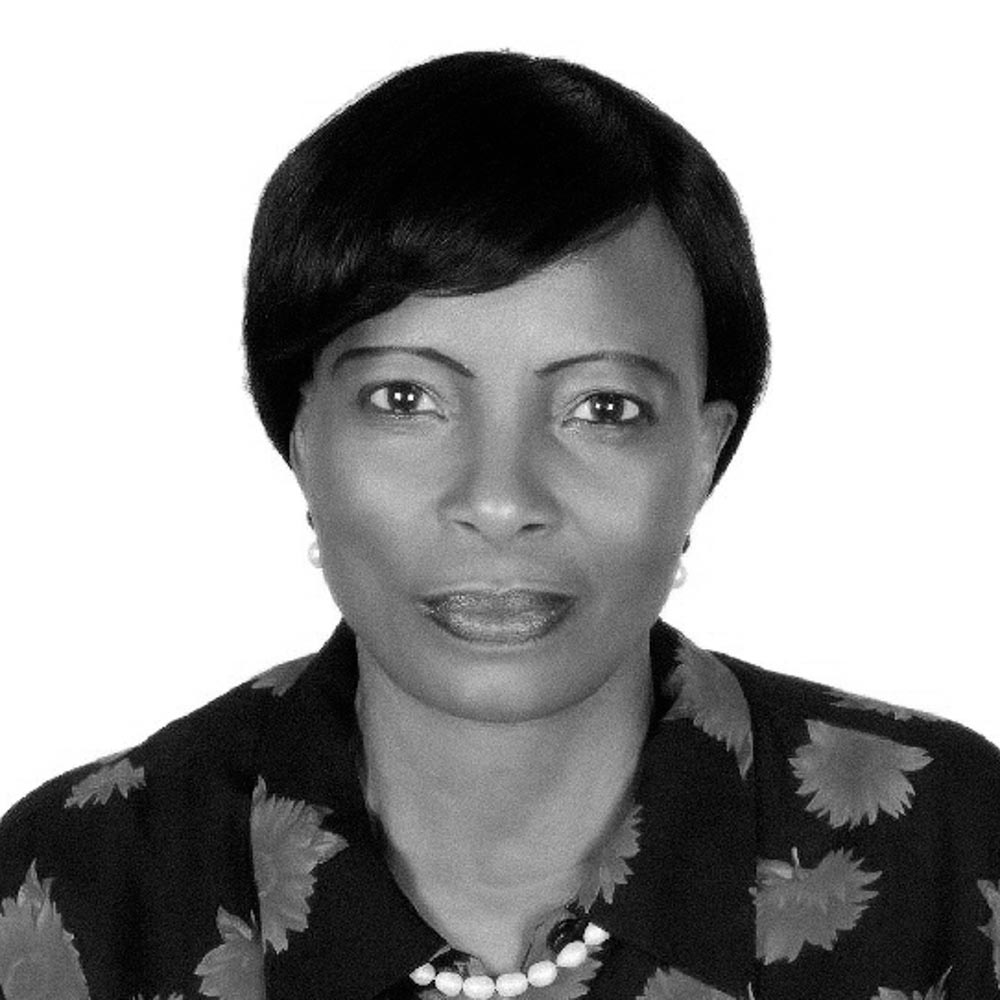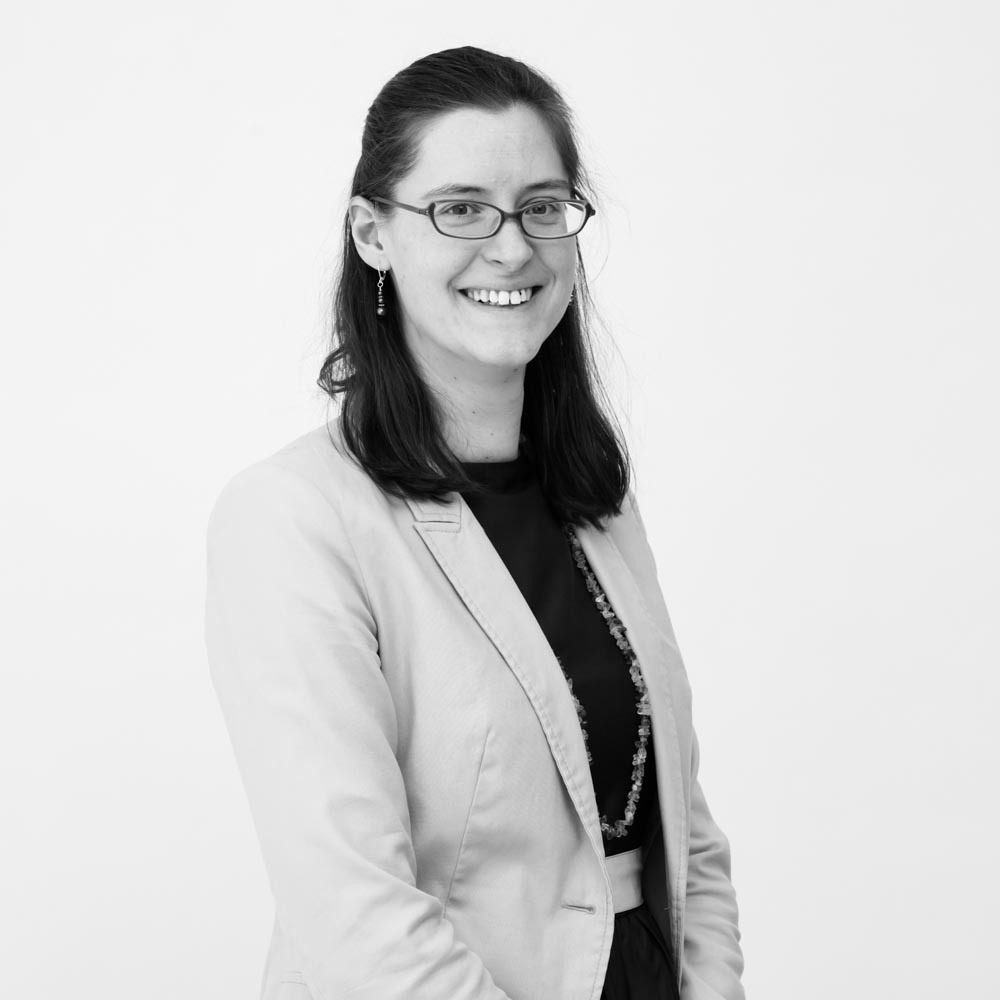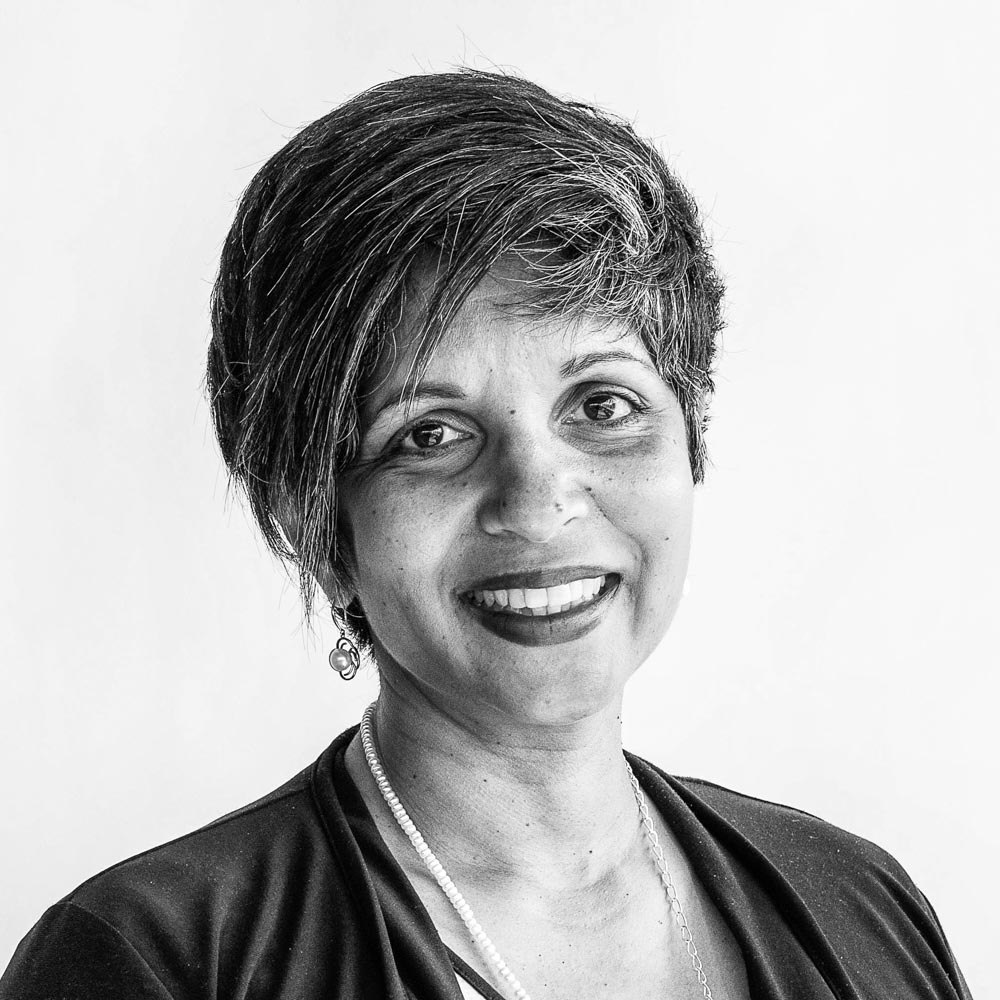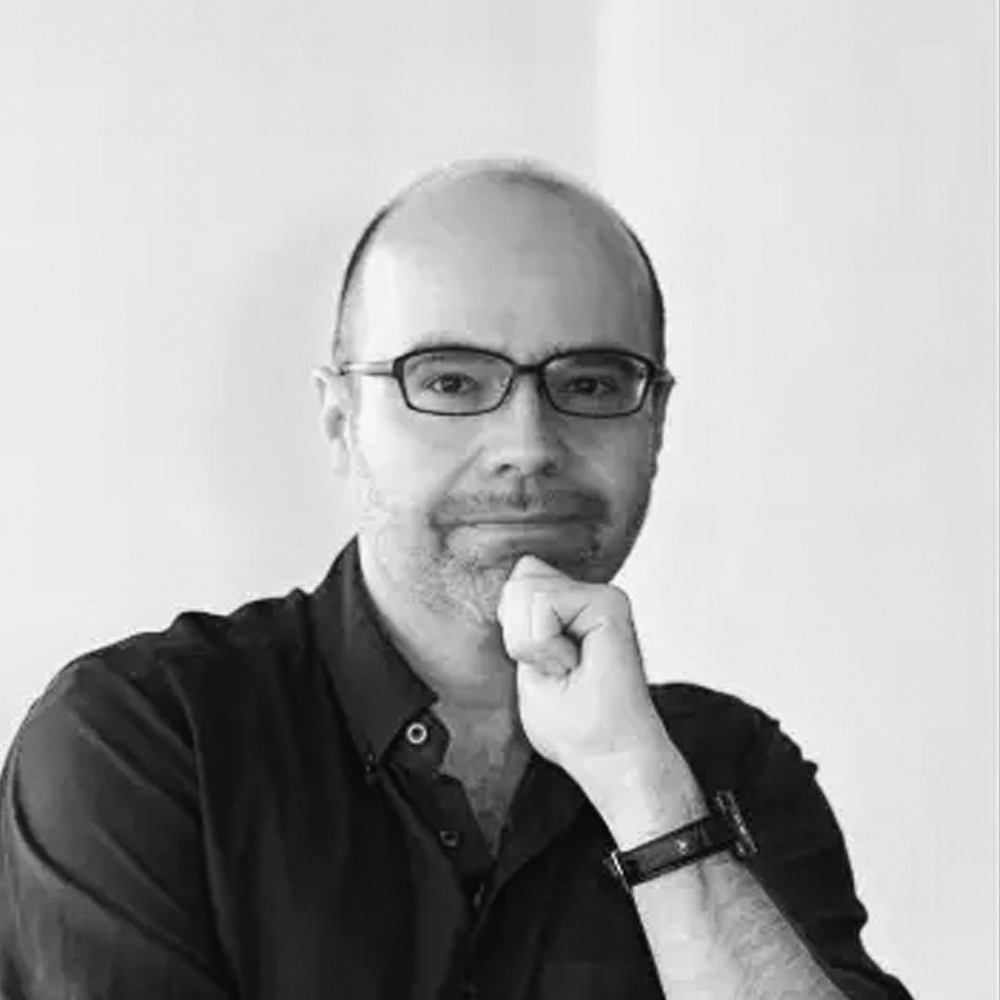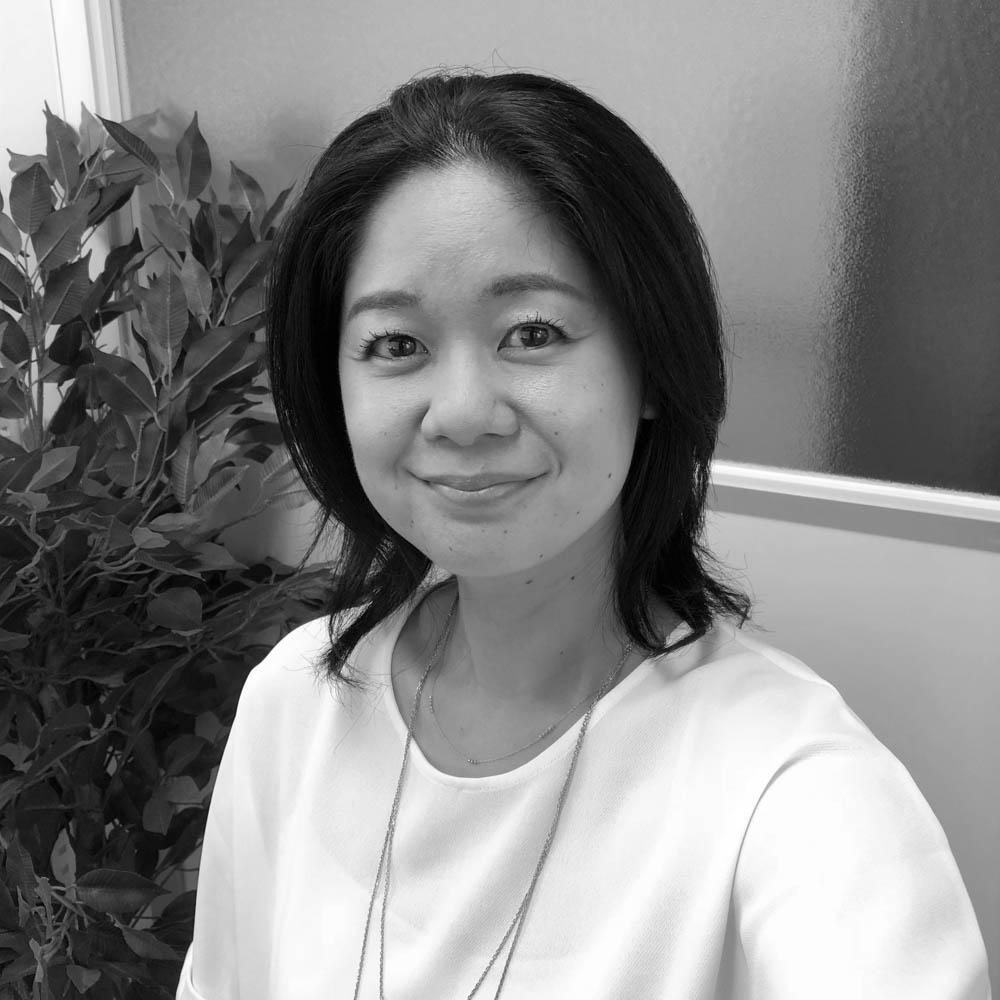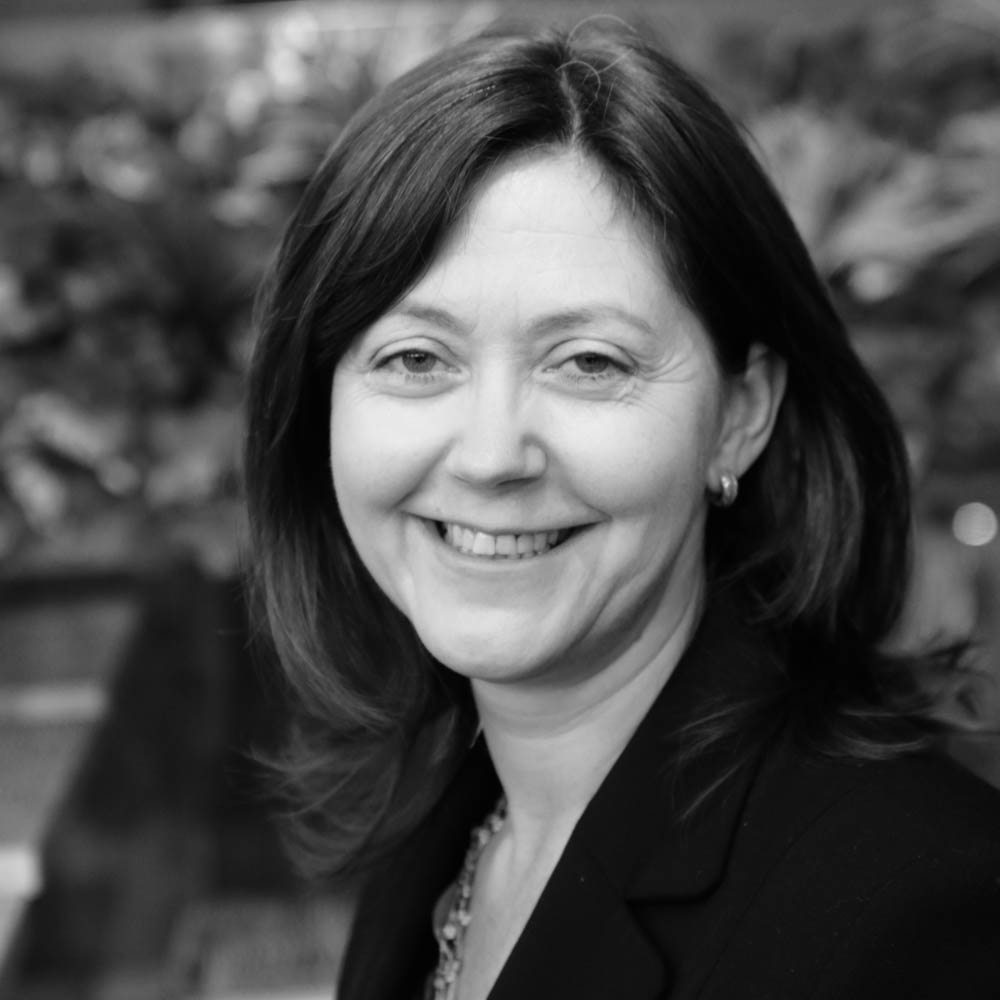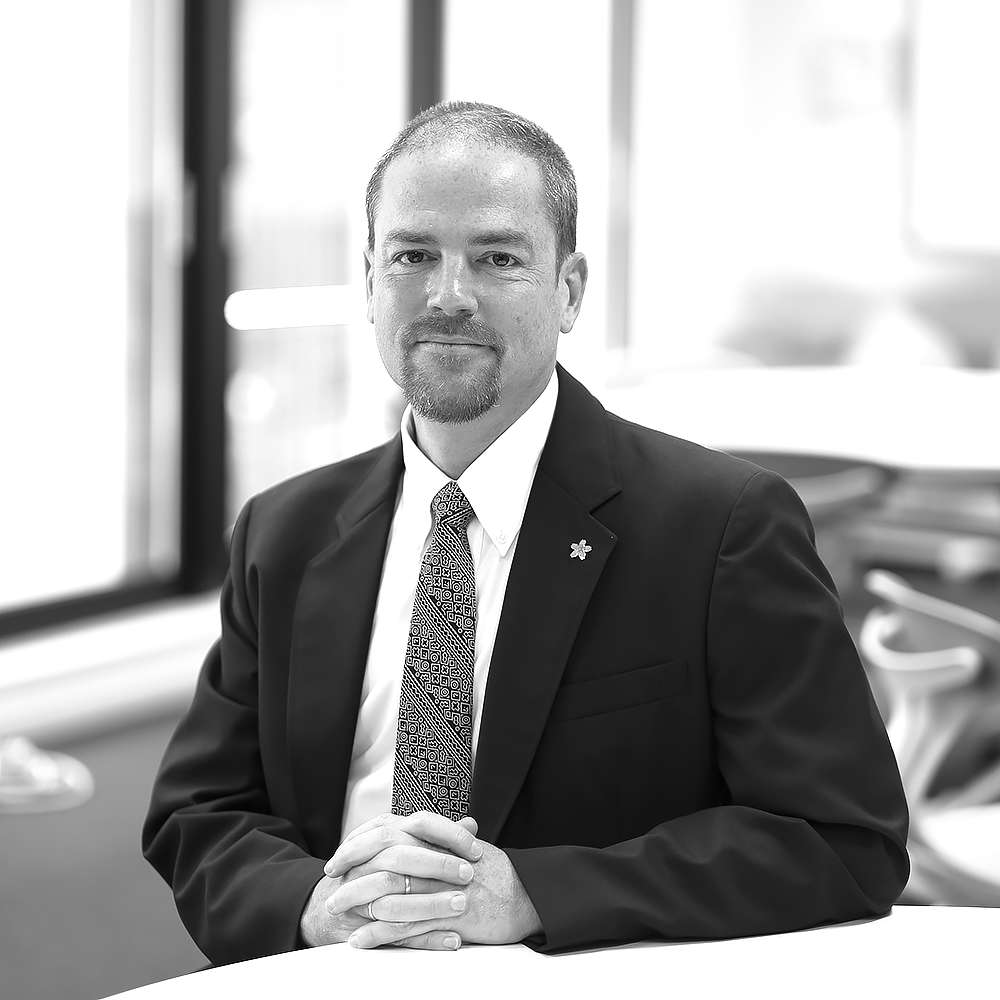The 9th Asian Conference on Language Learning (ACLL2019)
Important Notice: ACL2020
In 2020, we are excited to announce that The Asian Conference on Language Learning (ACLL) will be integrated for its tenth year as the newly launched Asian Conference on Language (ACL), which will be held in Tokyo, Japan, from March 29th to April 01st, 2020.
This is to reflect and align with the interdisciplinary mission of IAFOR and the belief that studying and learning languages is an immense opportunity to engage with international, intercultural, and interdisciplinary content.
At the intersection of theory, pedagogy, and praxis the Asian Conference on Language invites researchers and teachers to submit proposals in the following possible areas:
ACL2020 Streams
- Language Acquisition
- Language and Communication
- Language and Culture
- Language and Psychology
- Language and Technology
- Language Learning and Teaching
- Linguistics
“Independence & Interdependence”
May 16–18, 2019 | Toshi Center Hotel, Tokyo, Japan
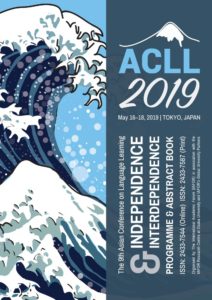 The duality of our theme speaks to how each of us as learners, teachers, and researchers – people curious about the world and our place in it – act together to educate. We each bring our independent individual variables to any teaching and learning situation, yet work interdependently to learn from each other and create new connections and meanings.
The duality of our theme speaks to how each of us as learners, teachers, and researchers – people curious about the world and our place in it – act together to educate. We each bring our independent individual variables to any teaching and learning situation, yet work interdependently to learn from each other and create new connections and meanings.
Language learning and teaching are at once highly personal and individual while also social and embedded in an ecology of inter-relationships. Independence and interdependence cannot exist without each other, so how should this tension and integration inform our academic inquiry into language learning research and practice? Research in self-regulation, self-determination, learner and teacher autonomy, and motivation for language learning is one of several ways to approach these questions, and our host country for this conference, Japan, is a center for such work.
This conference provides opportunities to explore psychological, theoretical and practical aspects of language learning. Whether one’s focus is the impact of technology or the integration of emotions into the classroom, we can and must all rely on each other to best serve students and support them in becoming autonomous, independent language learners who can be successful in an increasingly interconnected and interdependent world. An international, intercultural, and interdisciplinary conference such as this brings us together; to surprise, support, and learn from each other.
We invite your proposal on a topic that will help us to explore independence and interdependence from multiple perspectives; consider, but do not limit yourself to:
- The psychology of language learning
- Learner autonomy
- Technology enhanced learning
- Relationships between content and language
- Critical pedagogy
- Educational cultures, ecologies, and systems
- And, additional topics and streams listed in our abstract submission guidelines
This Asian Conference on Language Learning depends upon you – the presenters and participants – to help create vital and innovative academic exchange that can sustain us in the future.
– The ACLL2019 Organising Committee
Steve Cornwell, Osaka Jogakuin University, Japan
Joseph Haldane, The International Academic Forum (IAFOR)
Satoko Kato, Kanda University of International Studies (KUIS), Japan
Barbara Lockee, Virginia Tech., USA
Jo Mynard, Kanda University of International Studies, Japan
Diane Hawley Nagatomo, Ochanomizu University, Japan
Ted O’Neill, Gakushuin University, Japan
Mika Tamura, Kyushu University, Japan
Kyungsook Yeum, Sookmyung Women’s University, South Korea
ACLL is organised by IAFOR in association with the IAFOR Research Centre at the Osaka School of International Public Policy (OSIPP) in Osaka University, Japan.
Speakers
Keynote Speakers
-
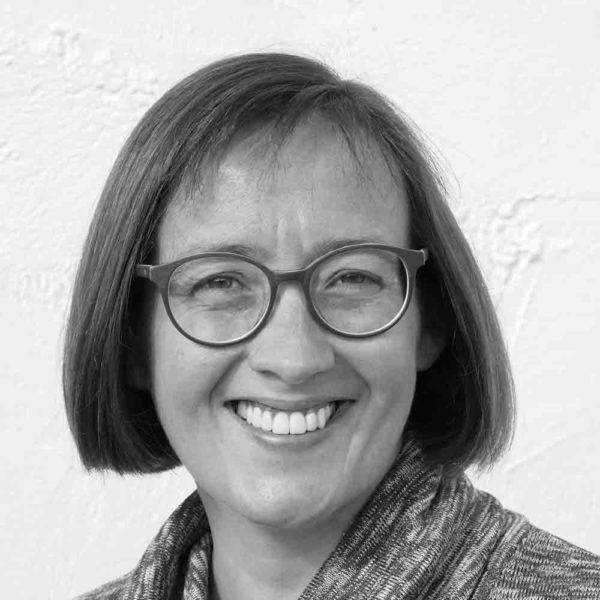 Sarah MercerUniversity of Graz, Austria
Sarah MercerUniversity of Graz, Austria -
 Phil BallAuthor and Journalist
Phil BallAuthor and Journalist -
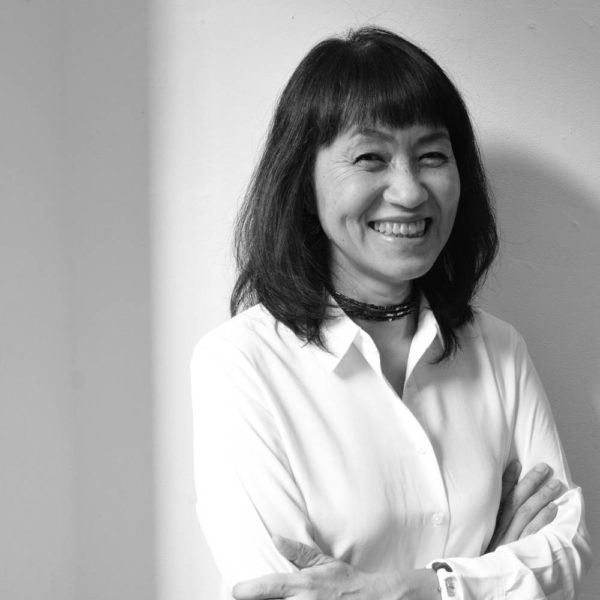 Keiko SakuiKobe Shoin Women’s University, Japan
Keiko SakuiKobe Shoin Women’s University, Japan -
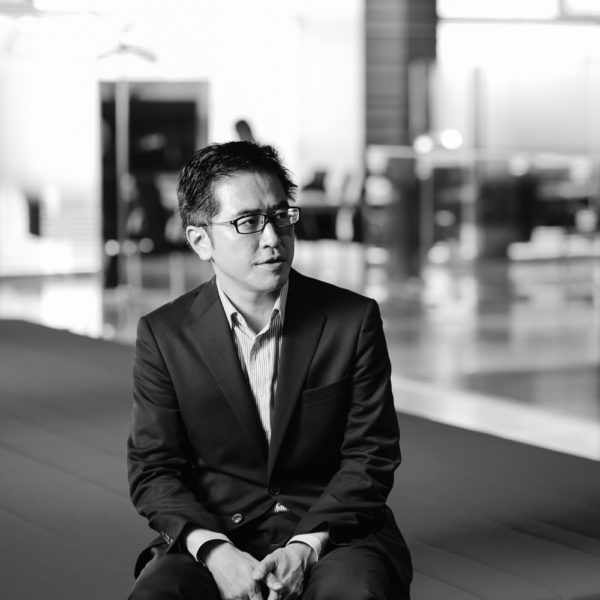 Masaya MoriRakuten Inc.
Masaya MoriRakuten Inc.
Featured Speakers
-
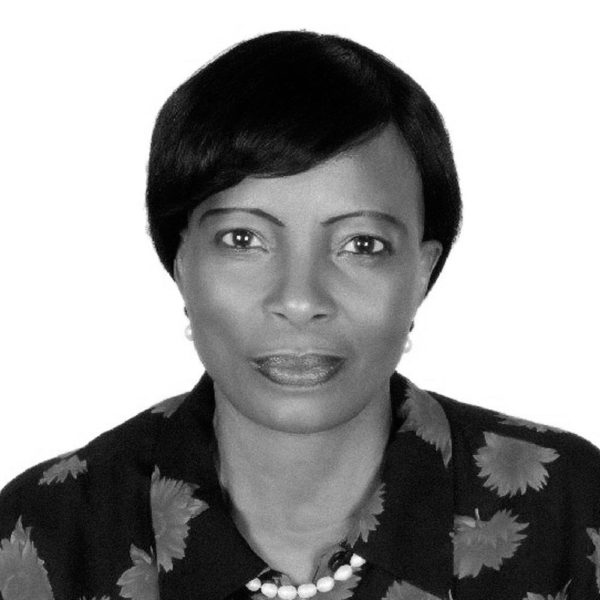 Mary Sengati-ZimbaZayed University, United Arab Emirates (UAE)
Mary Sengati-ZimbaZayed University, United Arab Emirates (UAE) -
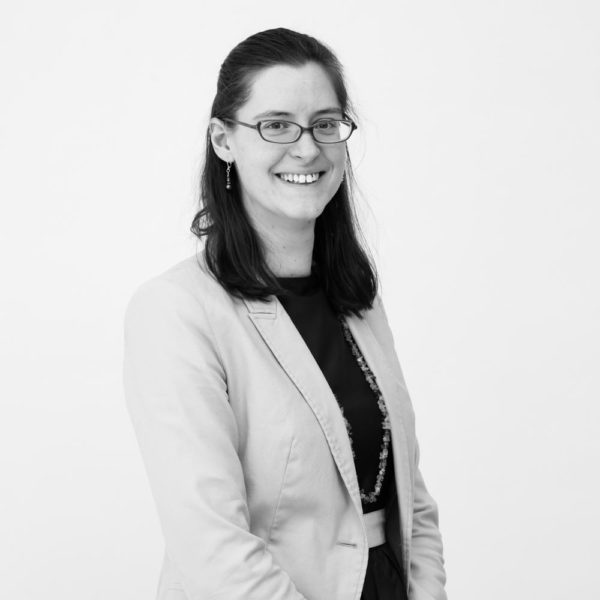 Jennie Roloff RothmanKanda University of International Studies, Japan
Jennie Roloff RothmanKanda University of International Studies, Japan -
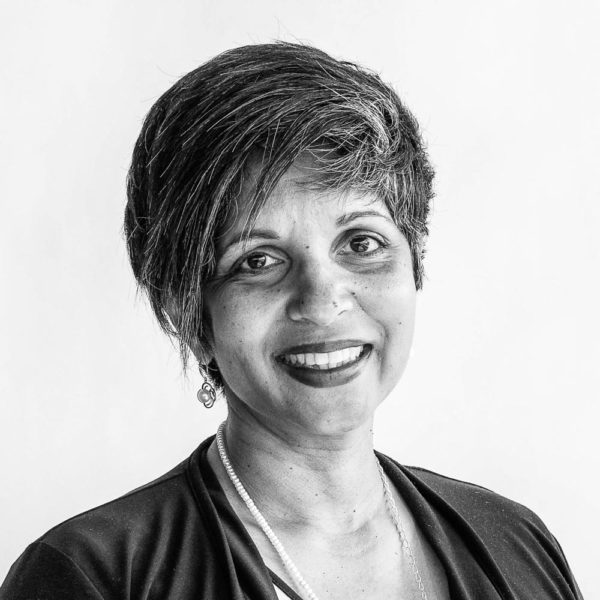 Yasmin DeanMount Royal University, Canada
Yasmin DeanMount Royal University, Canada -
 Marco KoederJ. Walter Thompson, Japan
Marco KoederJ. Walter Thompson, Japan -
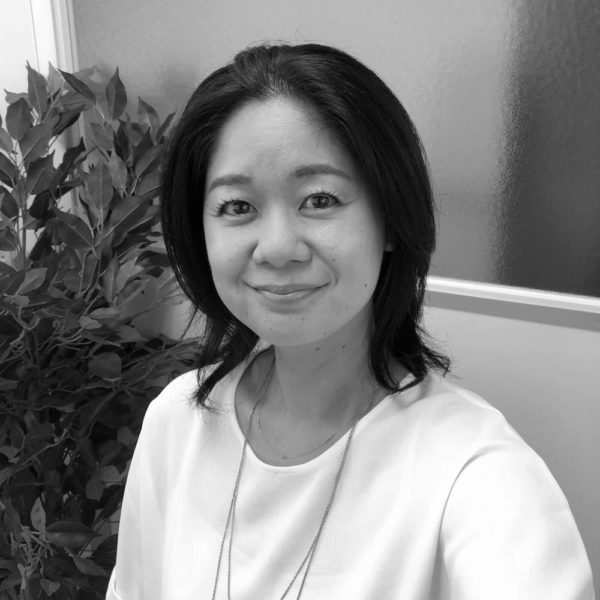 Satoko KatoKanda University of International Studies (KUIS), Japan
Satoko KatoKanda University of International Studies (KUIS), Japan
Moderators
IAFOR Research Centre (IRC) – “Innovation and Value Initiative”
The IAFOR Research Centre (IRC) is housed within Osaka University’s School of International Public Policy (OSIPP), and in June 2018 the IRC began an ambitious new “Innovation and Value Initiative”. Officially launched at the United Nations in a special UN-IAFOR Collaborative Session, the initiative seeks to bring together the best in interdisciplinary research around the concept of value, on how value can be recognised, and measured, and how this can help us address issues and solve problems, from the local to the global.
